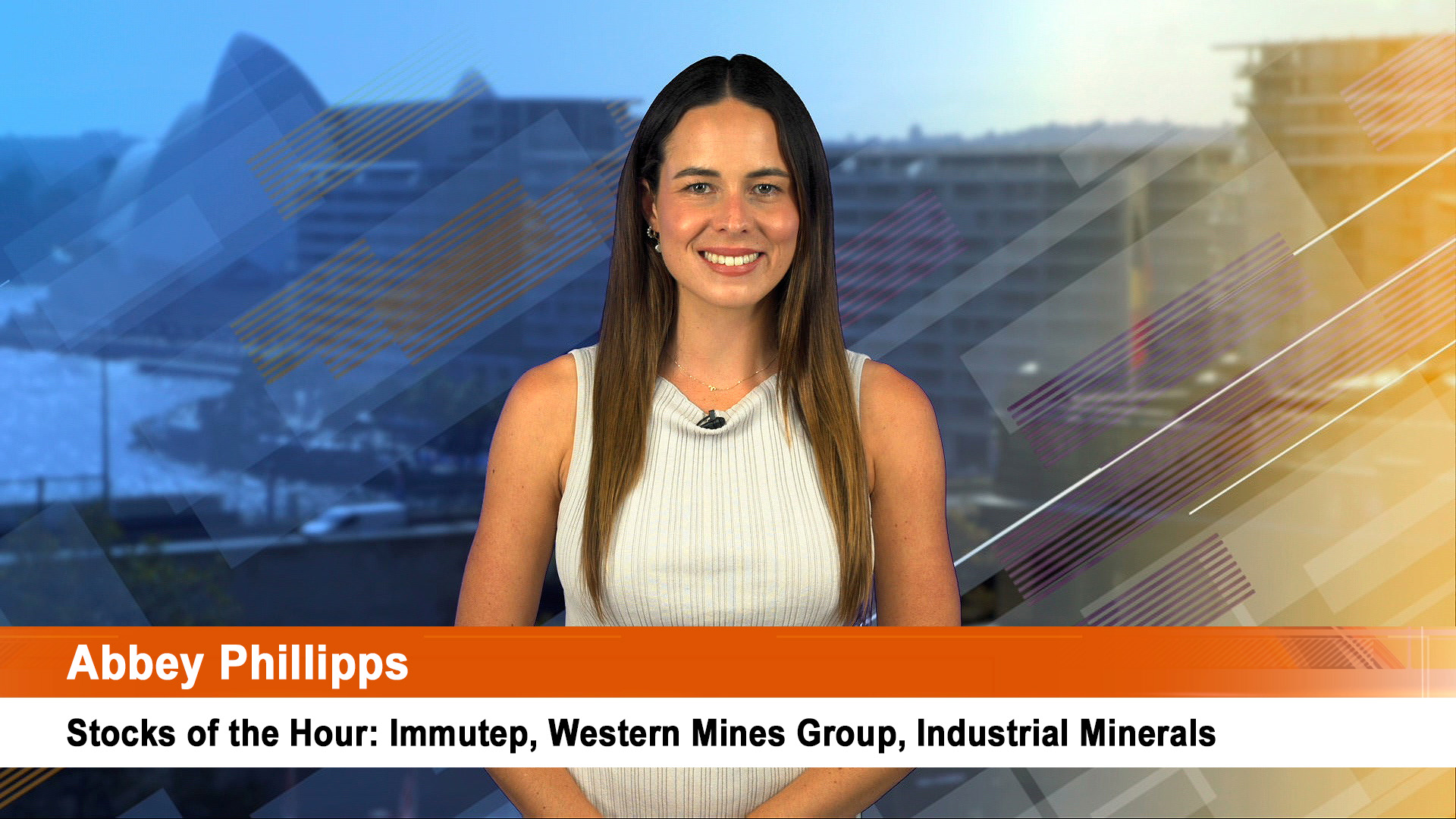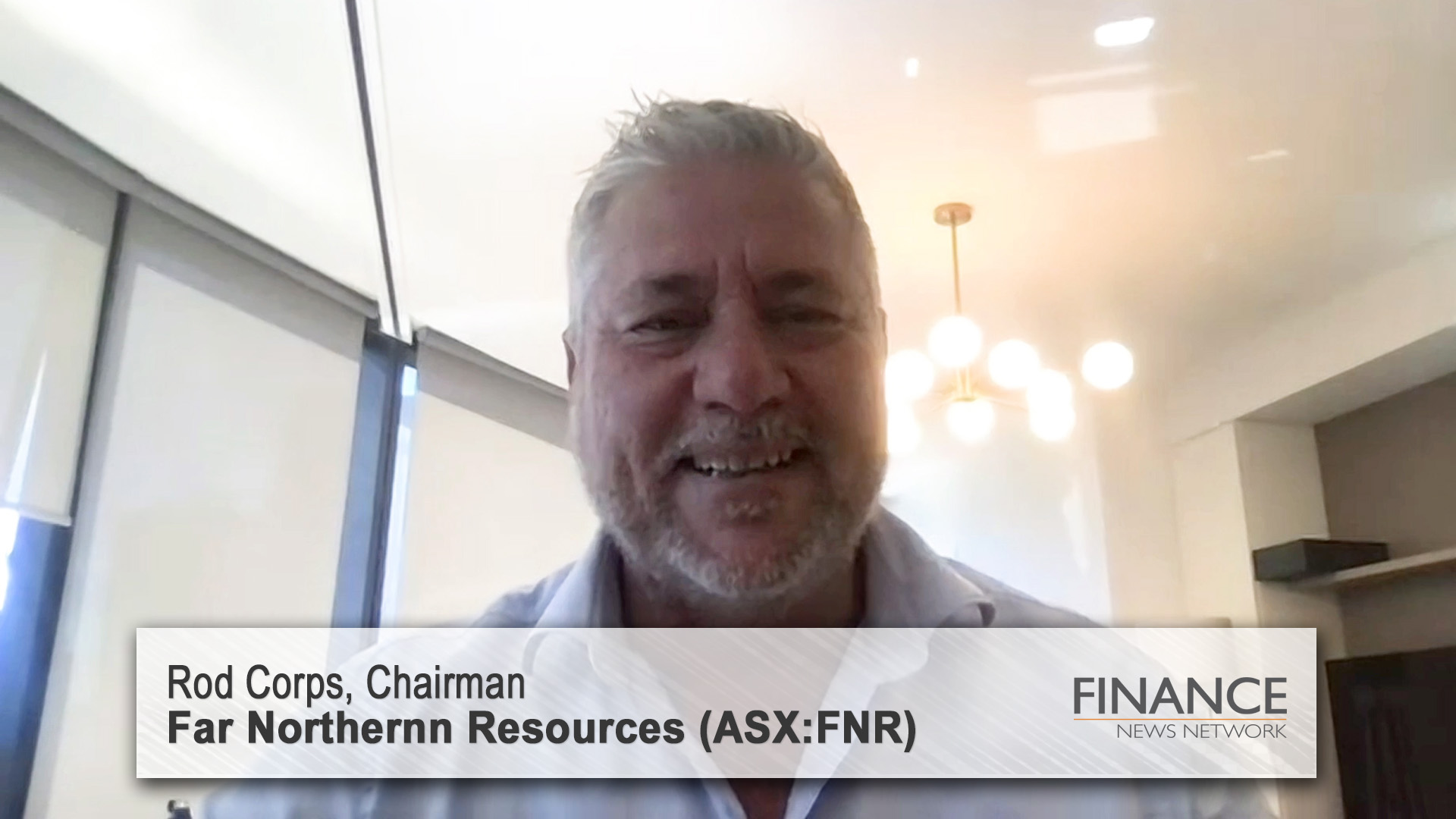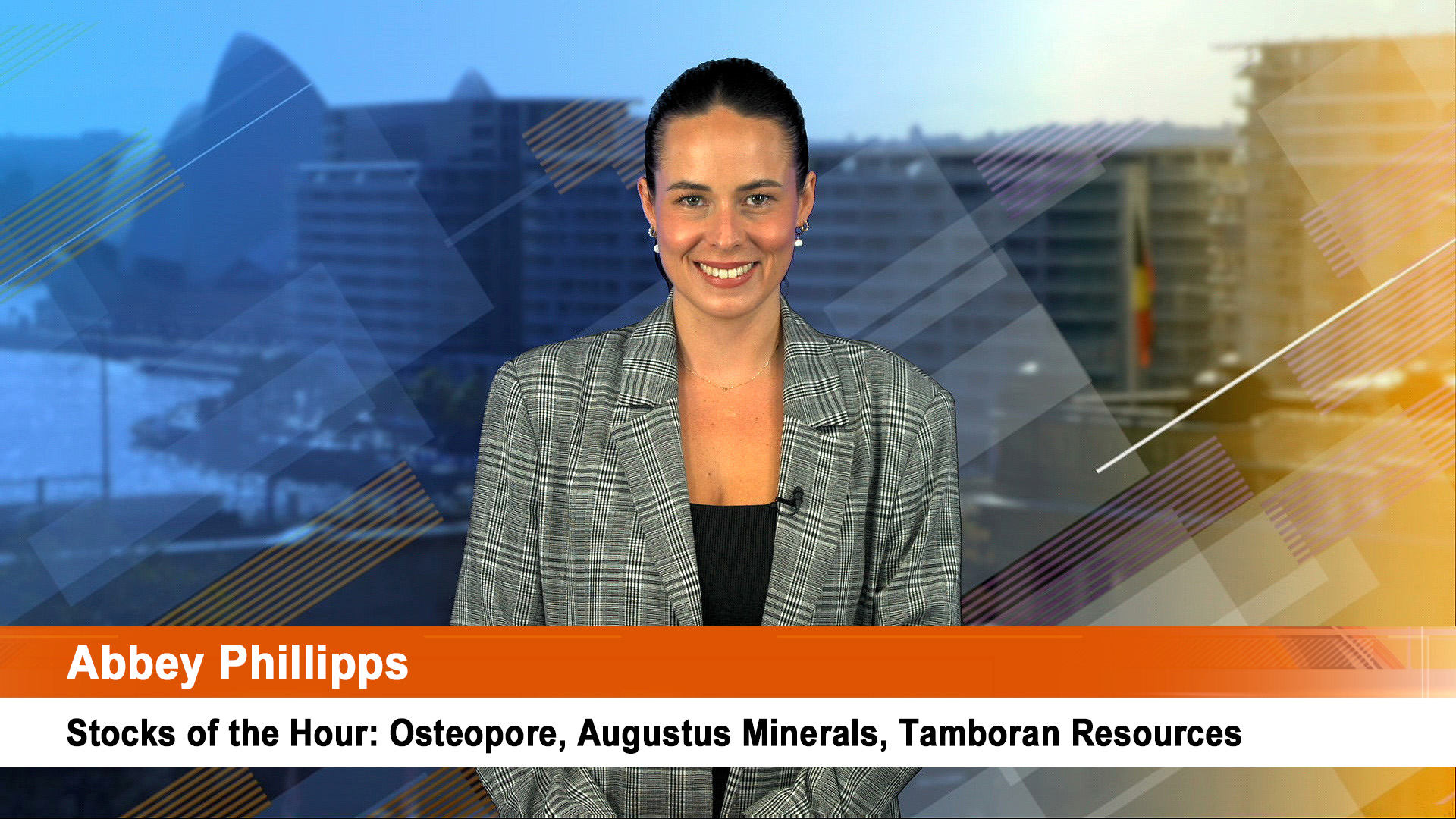Australia's biggest housing developer, Stockland may have escaped the full impact of the credit crunch and property jitters late last year, but that wasn't enough for some analysts and investors who seem to have been overly optimistic about how the company would go in the December half.
SGP said operating profit increased almost 11% helped by gains in its residential division (which operates in an industry that had a tough time in the half, especially in December).
Profit before gains from property revaluations climbed to $324.6 million in the six months ended to December 31, from $293.1 million in the same period of 2006.
CEO Matthew Quinn said the result re-affirmed the company's full-year 2008 guidance of five per cent growth in earnings per share.
"We have delivered an impressive first half result, demonstrating the strength of our business model and our strategy of leveraging our value adding property skills."
"Diversity, by asset class and geography, continues to underpin our strong performance through changing market cycles."
"The recent volatility in capital markets has had no material impact on our operating results or financial strength and our strong balance sheet and capital management position stand us in good stead to deliver solid long-term future growth."
"We remain on track to achieve our target earnings per security growth of 5% for FY08," said Mr. Quinn
Bloomberg said the net profit of $324.6 million was lower than the $330.4 million median estimate from eight analysts surveyed. The analysts' estimates ranged from $325.1 million to $339.1 million.
Stockland has outlaid over $1 billion in the past two years buying shopping centres, retirement villages and offices. Stockland bought UK property manager and developer Halladale Group Plc in April 2007 for 138 million pounds. That deal is one that will come under pressure with UK commercial property values falling.
The result seems to have fallen short of some analysts' estimates. Other analysts were satisfied with the figures.
Not helping was a weak day on the market, so taking that with the earnings gain, Stockland actually ended the day in fairly good shape.
The closed down 30c at $7.30, a loss of 3.5%.
Stockland shares are down around 23% from their peak of $9.38 late last year. The property woes at Centro and the problems of other higher geared investors, such as MFS and Allco haven't spared Stockland, which can at least claim to be increasingly profitable.
And most of that loss has been so far this year with the company's share price down just over 14% before yesterday's announcement.
But even so the ghosts of Centro and MFS were about in a results briefing early yesterday. The company went out of its way to highlight its low gearing (28.5%) and long debt profile (average duration more than 6 years).
In fact some analysts came away with an impression profits ran second at the briefing to assurances.
Total net profit for the half was $672.5 million, property revaluations while earnings per share rose by 4.2% from a year earlier to 22.4 cents. The interim dividend was lifted 5.1% to 22.6 cents.
Stockland managing director Matthew Quinn said the company's strong balance sheet, diversity and asset base would provide earnings per security growth of 5% in the 2008 financial year.
He predicted that future interest rate rises would not hurt Stockland's residential business as there was still structural undersupply in key markets, while rising contributions from Stockland's apartment and retirement business would give it even greater market share of the broader residential sector.
He said the company had benefited from $462.4 million in investment property revaluations, an increase of 10.8 per cent on previous book value (64 per cent from rental growth, 36 per cent from change in cap rate since last valuation). Net Tangible Assets per security increased by 6.6 per cent to $5.68.
Retail operating profit increased to $128.2 million; Office and Industrial lifted profit to $157.7 million and grew comparable net rental income by 4.9%.













